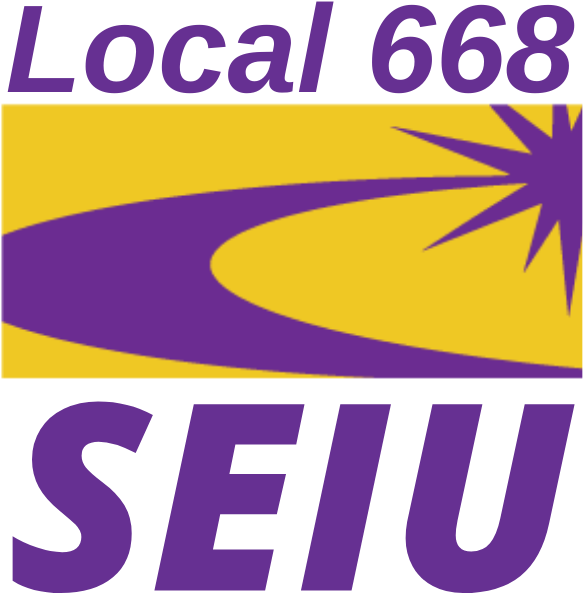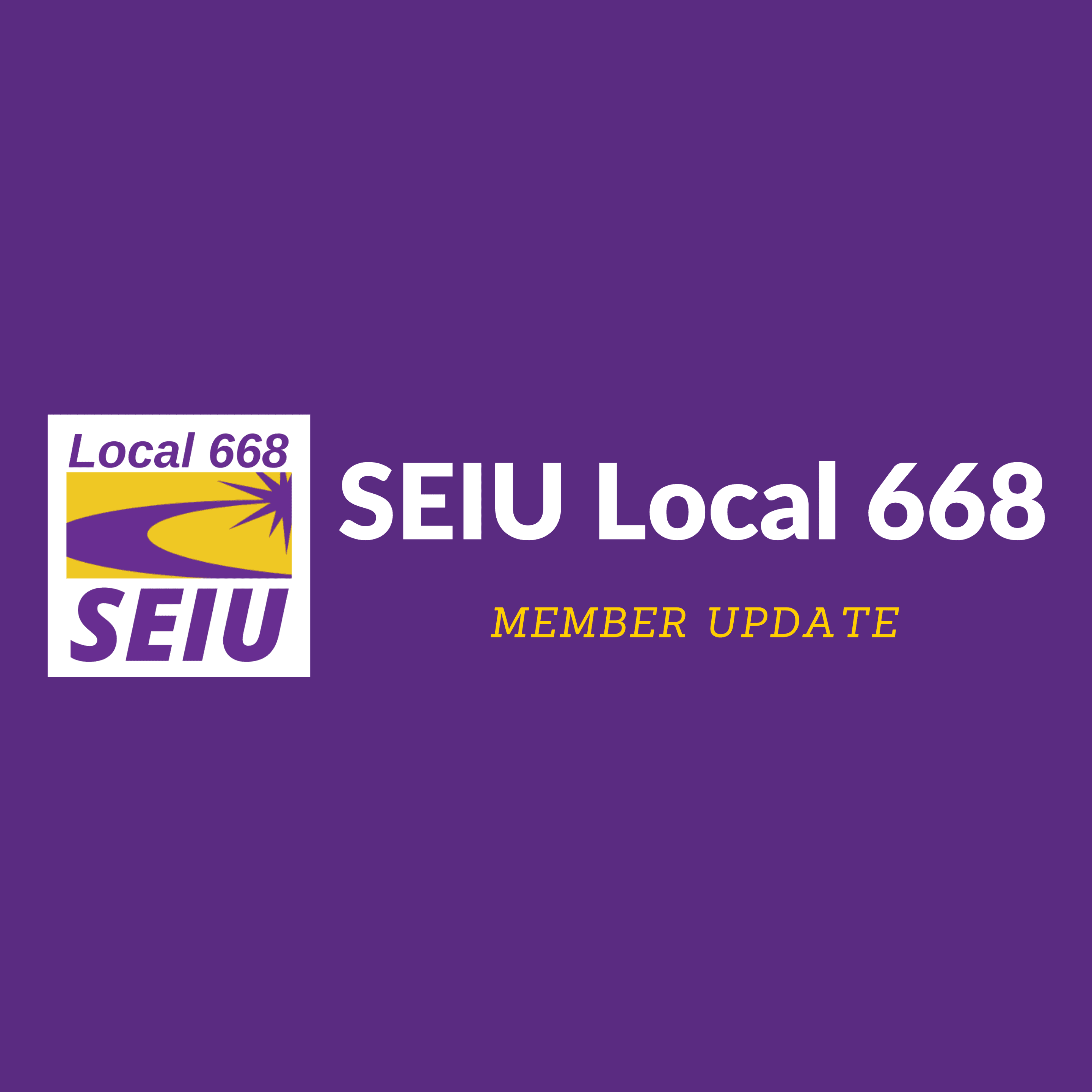We must act quickly to oppose a proposed U.S. Department of Labor rule that would allow states to privatize employment services provided by Pennsylvania Career Links and across the country. These services include helping job seekers find employment and assisting businesses with recruitment. When government services are privatized, the quality of the services suffers, and it can be detrimental to the public.
Before this change is finalized, the DOL is accepting public comments. We made it easy for the public to submit a comment and say “No” to privatization. Use our talking points for reference to help draft your comment.
The comment period ends on September 2, 2025.
Talking points
- Before the passage of the Wagner-Peyser Act, widespread fraud, political corruption, and inequities had plagued private employment offices nationwide. In passing the Act, Congress envisioned a state merit system to prevent favoritism and promote equality in the delivery of employment services.
- Privatization threatens service quality and harms the very communities these programs are meant to serve. When profit becomes the priority, vulnerable populations—such as seniors and people with disabilities—often get left behind. We've seen this before: failed privatization efforts in Indiana and Texas led to widespread errors, delays, and harm to families in need.
- Public employees don’t profit from their work—they're committed to providing high-quality, consistent support. Contracting out will erode that standard. Studies show private-sector employees experience higher turnover, weakening continuity and effectiveness in job placement services.
- The Department of Labor has no evidence to support claims of cost savings. Moreover, its justification ignores a 2000 court ruling that upheld the DOL’s interpretation requiring merit staffing as both reasonable and legal.
- Congress has historically intervened to block similar privatization attempts, recognizing the essential role of public accountability in employment services.
- Wagner-Peyser was created to eliminate fraud and favoritism in employment services by requiring a trained, merit-based public workforce.
- Contracting out services lowers training standards and reduces accountability, harming service quality.
- For-profit providers may prioritize easy job placements, sidelining those with barriers such as seniors or people with disabilities.
- Failed privatization efforts (Indiana, Texas) caused payment errors and delayed services.
- Private companies lack the transparency and oversight required of public agencies.
- Court rulings have affirmed DOL’s authority to require merit staffing.
- Congress has repeatedly blocked privatization of these services in the past.
- DOL claims cost savings but admits it has no data to support that claim.
- Public employees offer stability, experience, and trusted relationships with employers, key to successful job placement.
You can view more detailed talking points here and submit your comment today!

